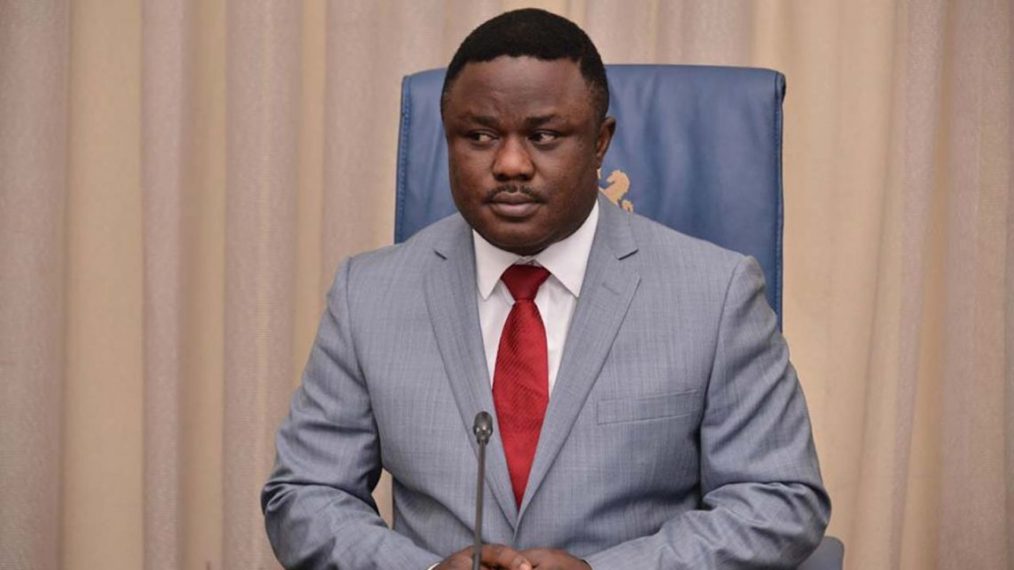Farmers in Cross River State have lost access to draw from N600 million Livelihood Improvement Family Enterprises project.
This is because the state government has failed to pay its counterpart fund of about N147 million to the project.
LIFE is a project of the Federal Government designed in collaboration with the International Fund for Agricultural Development and Niger Delta Development Commission.
The Project Coordinator in Cross River State, Innocent Ogbims, told the News Agency of Nigeria in Calabar on Tuesday that the failure by the state government was affecting the execution of the project, which began in September 2020.

He said while the project targeted 4,250 benefitting farmers in its six-year cycle, only 1,160 farmers have so far benefitted in the third year of execution of the project.
Ogbims noted that though Governor Ben Ayade approved the first counterpart fund payment in 2022, no money had been released to the project.
He said: “Non-payment of the yearly contribution of about N49 million by the state have impacted negatively on the implementation of the project that have impacted positively on a total of 1,160 beneficiaries since inception.
“It has affected the morale and motivation of those who are implementing the project.
“It has affected the procurement of some of the things the state would have provided for and even the hiring of support staff.
“In terms of logistics, we are lacking a lot.
“We have only two vehicles to cover the state and we have 13 staff members.”
Ogbims explained that 100 rural communities in 10 local government areas of the state were earmarked to benefit from the project.
He listed the local government areas: Ogoja, Obudu, Obanliku and Yala in the Northern Senatorial District; Ikom, Obrubra and Yakurr in the Central Senatorial District; and Biase, Akamkpa and Akpabuyo in the Southern Senatorial District.
He noted that the 10 rural communities were selected from each of the council areas to make up for the 100 communities that would benefit from the project.
He added that about N300 million had been spent on the project in in 2022.
“We have operated only in 52 communities with 120 incubators and 1,160 trainees trained and supported to start their businesses in production, processing and service provision,” he said.
Ogbims said a lot of successes had been recorded by the state since the start of implementation in 2020.
He said: “Youths and women engaged are already running their businesses.
“There is also a lot of enthusiasm from the youths that are clamouring to benefit.
“Some of these youths have gone ahead to register their businesses with the Corporate Affairs Commission to enhance their participation.
“The project has also exposed rural youths who had taken agriculture as business.
“It has taken them far from what they used to know earlier.”
Ogbims said the project had also impacted positively on food security in the state.
He said: “Before our intervention, rice farmers were producing 1.3kg per hectare here, but we have moved to between 3.5kg and 4kg per hectare.”
In his remarks, the supervising Commissioner in the Ministry of Agriculture, Mfom Bassey, said he was not in position to speak about the project since he started supervising the ministry only one month ago.
Bassey added that the Permanent Secretary who would have responded was indisposed.
LIFE-ND promotes community-based on-farm and off-farm business activities along key agricultural value chains as a mechanism for job and wealth creation.
The project is being implemented in nine states in the Niger Delta.

